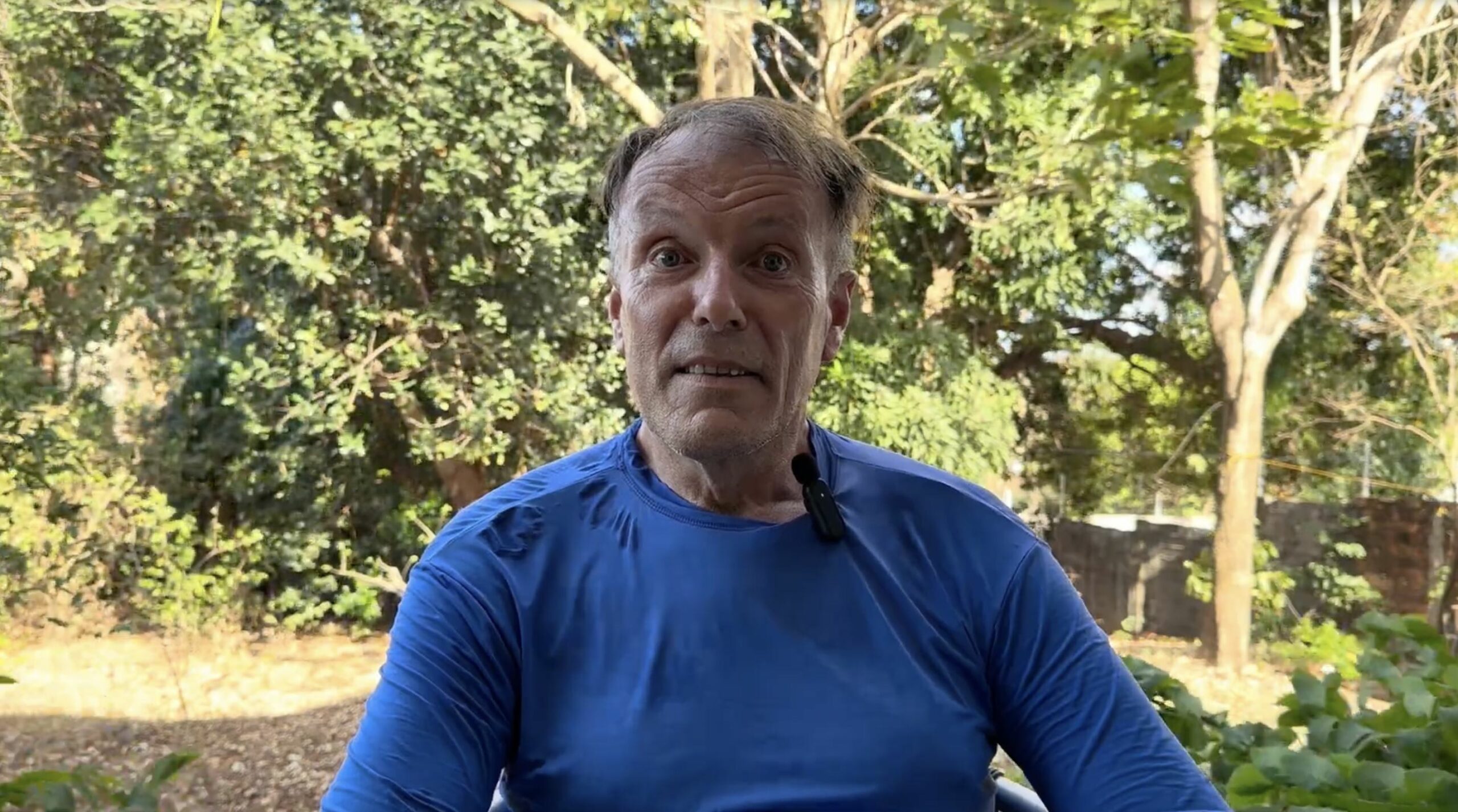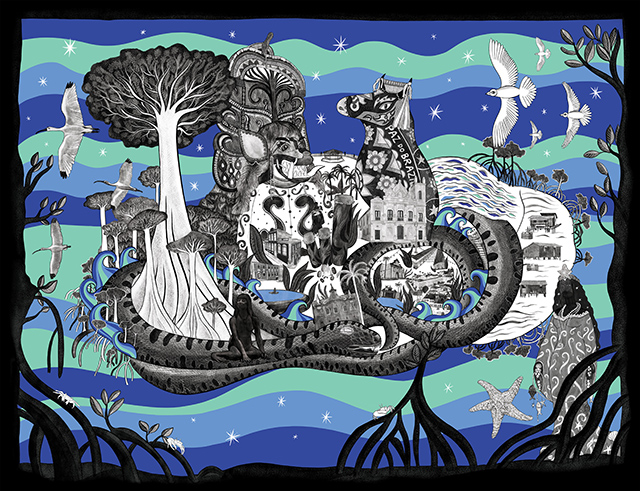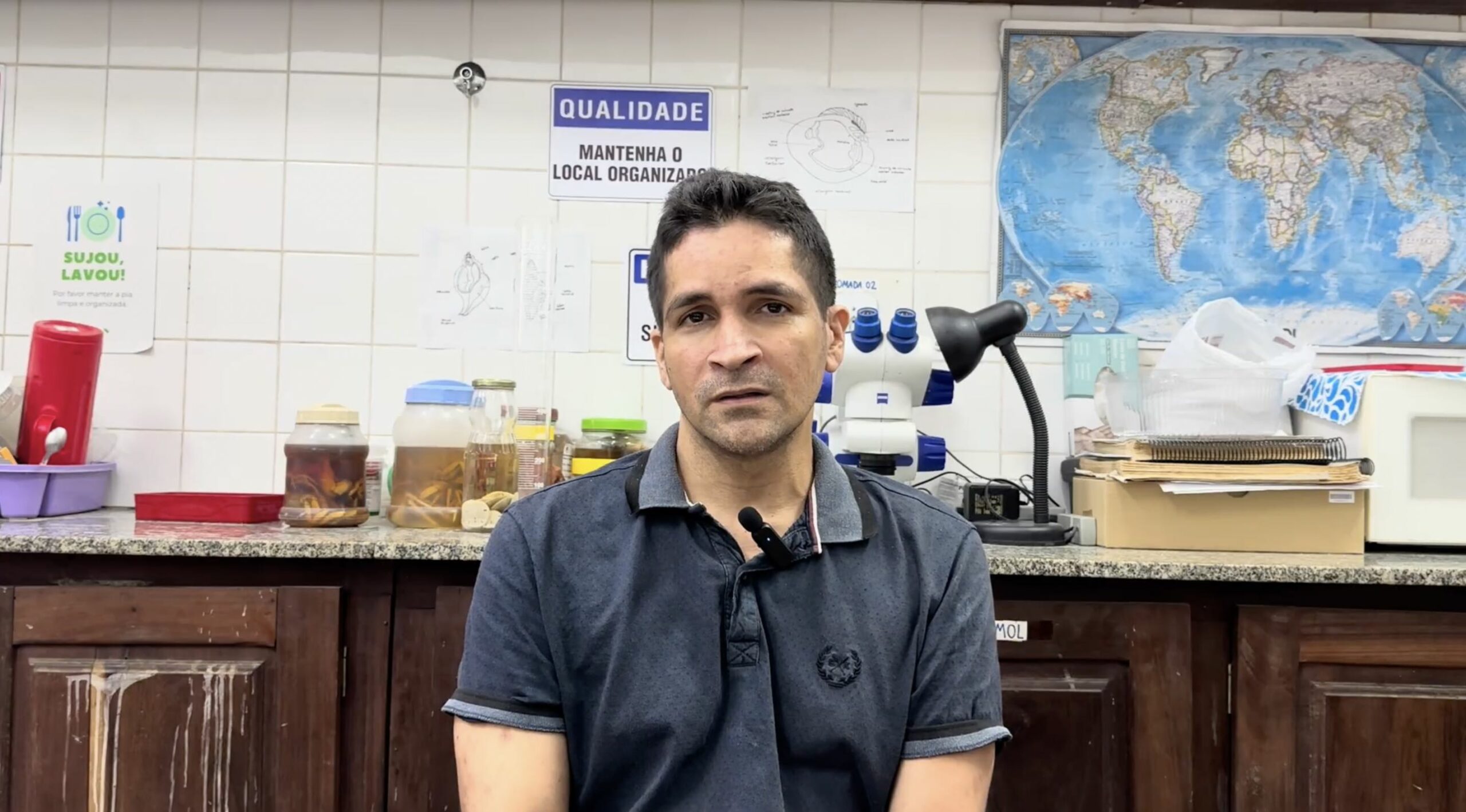
Christoph is a lecturer and researcher at the State University of Maranhão, in the departments of agriculture (formerly agroecology) and geography. His field of study lies at the intersection of the environment and rural poverty. He immediately emphasises the socio-economic context of Maranhão, one of the most disadvantaged states in Brazil:
‘There are food security issues here, and children don’t eat enough protein, which is a big problem.’ In response to arguments pitting environmental protection against economic development, he retorts forcefully: ‘In reality, the more we destroy the country, the poorer it becomes.’
His work focuses on finding concrete solutions that are accessible to smallholder farmers: ‘The big players can buy their health, but small farmers need public health.’
Agroecological projects for sustainable poverty alleviation
Christoph advocates a holistic approach to agroecology, combining agronomy, socio-economics and ecosystem restoration. One of the flagship projects he is involved in is Rice Fish, a rice-fish farming system designed specifically to combat poverty. He also mentions a long-term project he is working on with his colleague Fabio to restore riparian forests (matas ciliares) in the Arari county :
‘Riparian forests protect the river and are important ecological corridors for the movement of species, birds, monkeys, alligators and everything else.’ However, these legally protected areas are often neglected on the ground: « It is forbidden to come within 50 metres of a large river, but no one respects the law. ‘
Investing in the education of younger generations
Convinced that change must come from young people, Christoph develops educational projects that engage students in tree planting. He emphasises the difficulty of transforming practices without real local involvement:
’People have to really want it, it has to be in their interest. If it’s not in their interest, they won’t do it. » ‘
He thus implicitly criticises traditional approaches to conservation:
’We think about creating a national park, we expel all the people who live there, we surround it with a fence… But in reality, it can’t work because people live there. ‘
A national emergency: restoring degraded land
Christoph recalls Brazil’s commitment to restore 20 million hectares of degraded land by 2030: ’ That would represent 20 billion trees in six years, and we are a long way from that. ‘
The need to plant trees is therefore a priority. But he points out that this project cannot be reduced to a simple race to reforest:
’We need to figure out how to plant the trees, which trees to plant… There exist hundreds of more or less known species with restoration potential, preferentially multifunctional species with good survival and ecological restoration‘
The Forest Guardians: essential indigenous resistance
Christoph says he is deeply impressed by the role of indigenous peoples, particularly the Araribóia, in effectively protecting Brazil’s forests:
’The only people who are effectively protecting nature here in Brazil are theethnic group Tenetehara’
He regrets the inability of institutions to enforce environmental laws:
‘Environmental protection agencies don’t have enough money to get out into the field, and the justice system doesn’t work.’
That is why he supports the Forest Guardians network, made up of indigenous organisations that defend both their territory and their culture:
« They are defending the last large area of forest in southern Maranhão, and it is an ethnic group that is likely to disappear… «
A message of hope despite the serious challenges
As Brazil prepares to host COP30, Christoph wants the international community to get more involved. He is calling for a paradigm shift, where environmental protection is no longer a barrier to development, but a lever for sustainable poverty alleviation.
Testimonies from the same panel


